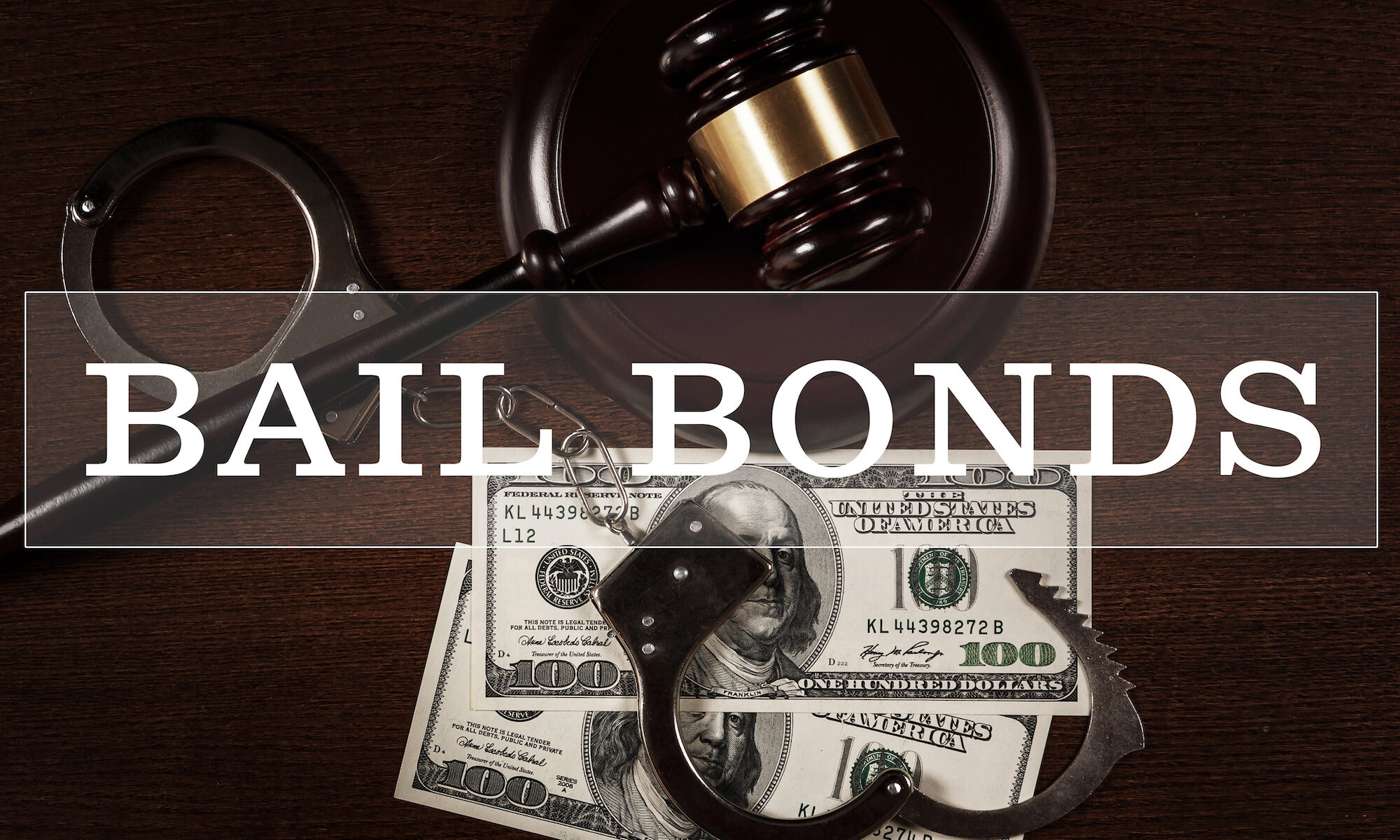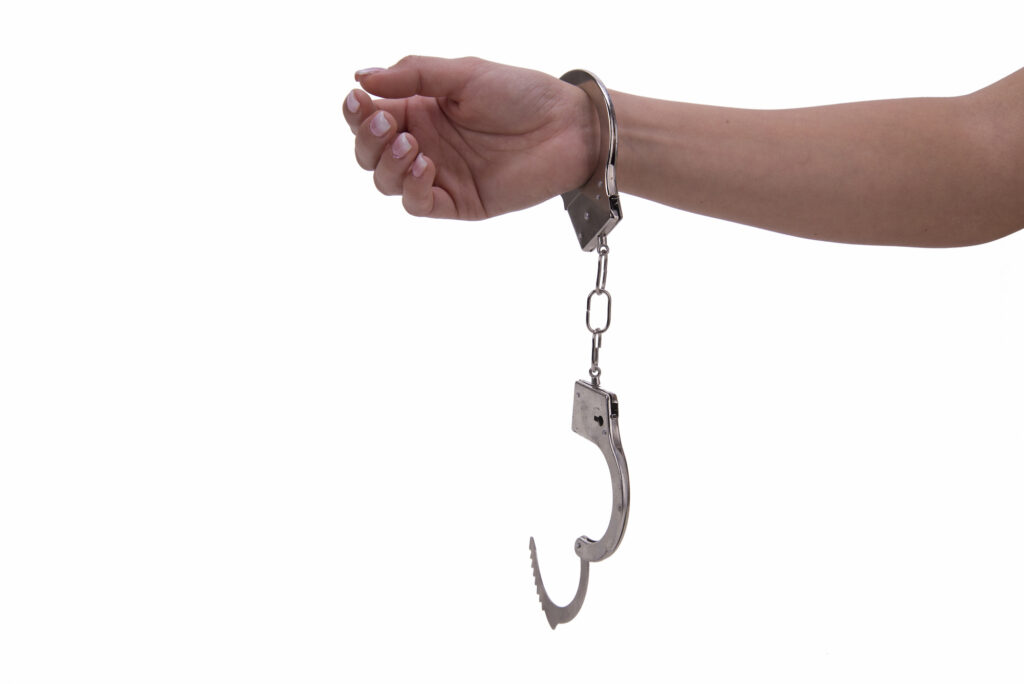Many people accused of crimes in El Paso are stuck in jail pending their trial because of high bail bond amounts. More often than not, this is because the individual cannot afford the bail. The creation of the bail system is not to punish a person for not being financially stable. In fact, the law allows an accused to hire a person to pay the bail bond.
If you’re in El Paso and require bail bond services, give us a call at (915) 877-9293!
What is Bail?
Bail is the release of a person who is in custody awaiting a court hearing or trial either on self-recognizance or on specific conditions such as the payment of a sum of money to the court and the promise to be available in court when required.
What is a Bail Bond?
A bail bond or a surety bond is the amount of money agreed to be paid to the court to effect the release of a person in police custody.
The bond could either be provided for by:
- The suspect
- A bonding company
- A bail agent
- A bail bondsman
When a suspect cannot afford to pay the bail sum, they can employ the services of a bonding company or bail agent who will act as a surety and provide money to the court for the person’s bail.
Key Things To Know About Bail Bonds
While the bail bond system is not legal in most jurisdictions, El Paso, TX—like many other cities in the United States—allows the use of bail bonds as a recognized means of securing the release of a jailed person.
Usually, most bail bond agents will charge defendants a non-refundable fee of 10-15% of the bond sum as compensation in exchange for paying the full bail amount to the court.
Since the bail agency will be posting the entire bail amount and will bear the loss if the accused person fails to appear in court for the trial, some will require additional collateral, especially if it is a hefty bail sum. The collateral could be items of value or having a notable guarantor sign to bear any cost that may arise from the accused persons’ breaching the bail terms.
After the trial, the court will return the money to the bond’s payer; if you posted bail personally, you get all your money back. If you used a bonding agency, the court returns all the money to the agency; even if you obeyed all the bail terms, the 10% deposit could not be returned to you because it is payment for the bail agent’s services.
How the Court Decides the Bail Sum
Every El Paso, Texas trial court has a “bond schedule.” This schedule is a compass for all magistrates and judges in determining the appropriate bail amount. However, the schedule is merely a guideline; hence, individual judges and magistrates can tweak or adjust the bail sum either upward or downward based on the specific circumstances of a case.
Factors that can influence the courts when fixing the bail amount include the following:
- The severity of the offense charged; typically, a felony will attract a higher bail sum than a simple misdemeanor.
- The prior criminal convictions of the defendant; a repeat offender will get a higher bail sum than a first-time offender
- The bail amount might be higher if the person was out on a bail term before the rearrested for another offense.
- The bail bond may be higher if the defendant is on probation due to a conviction for another criminal act.
- The bail bond may be higher if the defendant is considered a threat to the community.
- Whether the defendant is presumed to be a “flight risk,” that is, the prosecutor can show the court that the defendant would possibly jump bail.
What Happens When a Person Fails to Follow the Bail’s Bond?
A bail bond does not translate to an unconditional release from jail. Hence, a person released on bail or personal bond must meet certain conditions in the bail order to stay out of jail through the trial.
When a defendant breaches any of these conditions, such as “skipping or jumping bail,” the court will issue a bench warrant for their immediate arrest. Also, you will forfeit all the money you posted as the bail sum with the court if you do not get any back. If you took out a bail bond, the surety will lose its money and try to recover it from you.
Bail Bonds in El Paso, Texas Today
If you or someone you know has been granted bail for an amount they cannot produce by a court in El Paso, you can reach out to Freedom Bail Bonds. When you employ the services of freedom Bail bonds, you have the assurance that they will take swift actions to secure that release, and they will not spend a moment longer than necessary in jail.




 Facing arrest is a scary prospect. Our justice system, however, is predicated on the idea that one is innocent until proven guilty. So much of our justice process then follows this trajectory and ensures that every defendant gets a fair trial. Before a defendant can stand in front of a judge and jury, there is a long process that has to happen. There need to be changes made, attorneys called, and prosecution cases put together. The burden of proof is more often than not on the prosecutor and given how long it can take to put together a case, a person might be waiting months before they get things settled. So as a defendant or a loved one of the defendant’s, it is important to know the law and familiarize yourself with some rules. Every state is a little bit different on this, so let’s look at some Texas regulations.
Facing arrest is a scary prospect. Our justice system, however, is predicated on the idea that one is innocent until proven guilty. So much of our justice process then follows this trajectory and ensures that every defendant gets a fair trial. Before a defendant can stand in front of a judge and jury, there is a long process that has to happen. There need to be changes made, attorneys called, and prosecution cases put together. The burden of proof is more often than not on the prosecutor and given how long it can take to put together a case, a person might be waiting months before they get things settled. So as a defendant or a loved one of the defendant’s, it is important to know the law and familiarize yourself with some rules. Every state is a little bit different on this, so let’s look at some Texas regulations.